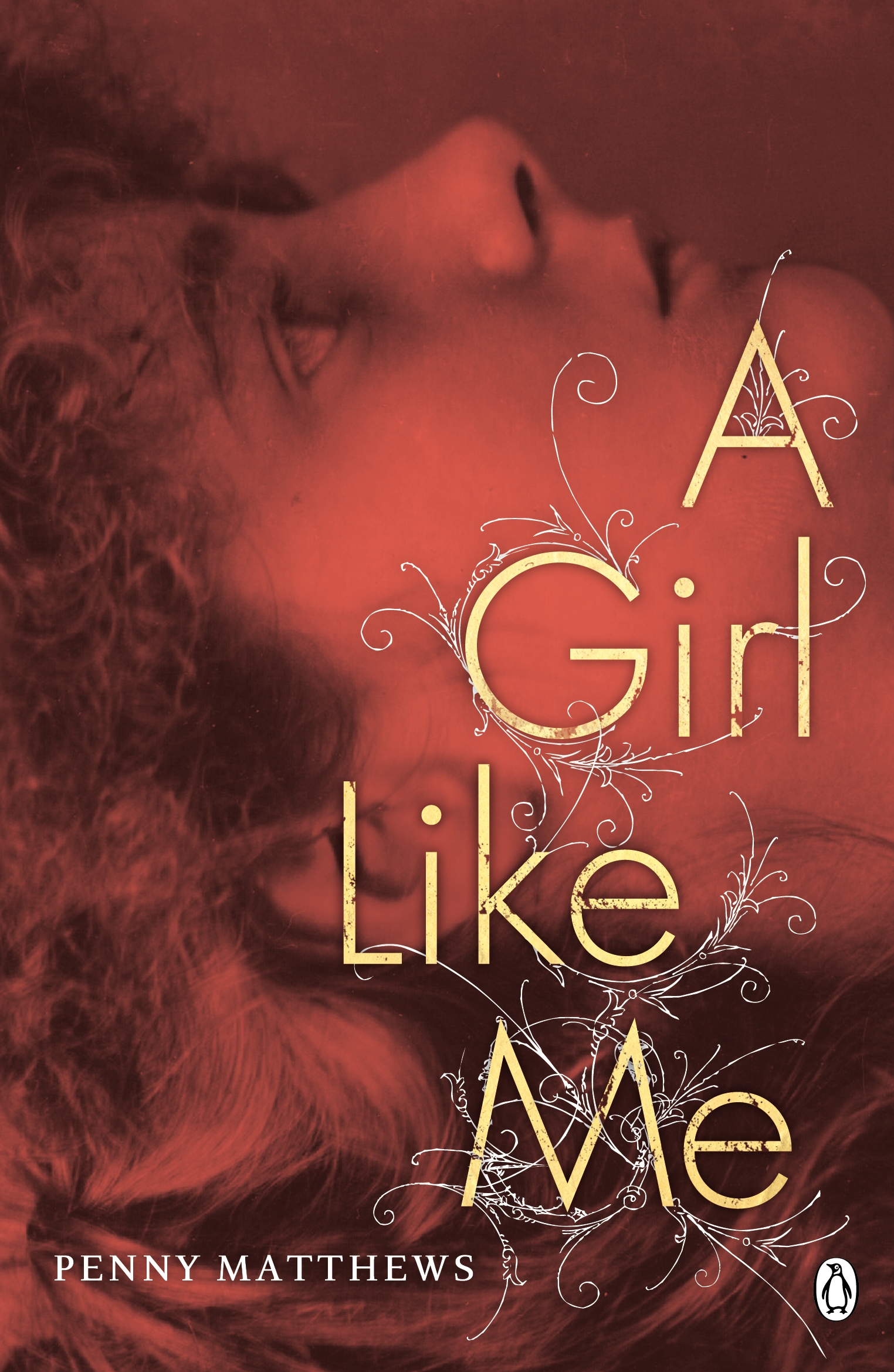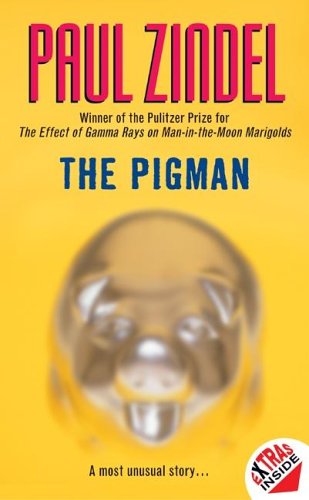I wrote before I worked in a book shop. I worked in a library (my Dad’s), before I wrote. I read before I was born.
Not ... really.
But I did have two English teacher parents who bought me books and read to me while I was in utero, so maybe that counts? And I'm sure if my Mum could have been like the Incredible Book Eating Boy and swallowed a book or two for me to peruse, she would have.
She knew I would be a reader. She could feel it in her bones. My Dad also had complete faith that I would be a cricket nut, though, so not all pre-birth premonitions about me actually came to fruition.
But I did end up a reader.
I read everything. I read street signs, cereal boxes, warning labels, Mum's magazines, my books, Dad's books, any book I could lay my hands on.
It's not an unique story, I know. There are probably lots of you out there saying "So what? I read War and Peace when I was Four," or "My Mum actually DID eat books. I was born wearing glasses and holding a copy of Middlemarch."
You people are odd. But I also sort of really want to meet you!
I guess what does make my story sort of unique is that books were ALL I was good at.
Maths? Still can't remember the difference between Sine, Cos and Tan (but I can remember the poem about Three Old Angels Singing Over Heaven, Carrying A Harp. I'm sure it means SOMETHING).
Phys Ed? Picked last. Every time. Didn't mind. Even if I got picked first I'd still sneak away as soon as the first ball was tossed to hang out at the end of the footy oval, reading William Corlett.
Home Economics? I once made ANZACS biscuits without golden syrup. I pretended they were my own special recipe for albino ANZACS. I still failed.
But reading? I was my school's Reading Cathy Freeman. I was my school's Reading Rock Star. If you wanted a black market copy of Are You There God, It's Me, Margaret? I was your girl. If you wanted to know which Bennett sister ended up with whom in Pride and Prejudice, look no further.
I also wrote stories.
In secret.
Mostly about dragons.
I never showed anyone, because I didn't think a girl from rural Tassie could ever really be a writer. People who were really writers were magical beings with names like Isobelle Carmody and Mem Fox and Garth Nix. They weren't called Kate. They didn't live just west of a town of less than 4,000 people (just passed the milk factory, next to the big paddock).
Years passed, dragons were written about, pages were turned and I was a contemporary arts graduate with too many stories still in her brain and not enough Maths or Science.
But I did know a thing or two about books.
So here I am now, a few years later, and I work in a place where it's a good thing to know a thing or two about books (and about minus a thousand things, about everything else).
I work in a bookshop.
From Monday to Friday (and the occasional Saturday when a colleague is fluey, or when I am required to transform into my alter-ego, superhero storyteller, Miss Cackle), I live, breathe, smell, touch and occasionally cuddle up to, books.
I work in the kid's section. This means I spend a lot of time sitting on the ground, enjoy many sticky hugs, get Valentine's Day cards written in crayon, and have not read an adult book for at least six months (Nick Earls' True Story of Butterfish was the last. It was awesome).
It also means I know which books sell; which ones do if you write a tag; which ones do if you write a tag and give a ginormous spiel about how awesome they are; which ones do if the publishers finally work out the old cover sucked and reissue the book with a new cover; which ones do if there's a movie out about them, or books like them; and which ones just plain don't.
And I get to talk to kids - and parents - about WHY.
And maybe this is why I have finally worked up the courage to let some of my own stories waddle out into the real world. Because I think now, finally, I have an idea of what sells, and how to sell it. I still don't believe I'll ever be as magically, magnificently marvellous as my literary heroes with the cool names, but I actually think that, in some ways, I'm luckier than they are. I'm on the front line. I get to read books long before they come out, and I get to talk to the people who read the books - the kids. I get to see how a great book can suffer from a bad cover, and a terrible book can do amazingly well if it just so happens to have the paranormal creature of the month on its cover.
(the fact that I am currently writing a paranormal trilogy has NOTHING TO DO WITH THIS KNOWLEDGE. HONESTLY.)
But I don't want you to think it's all capitalist and mercenary. I still write exactly what's in my heart. It's just I now have the knowledge to realise that some of what I write - even though I might love it so much - should not be sent to my agent. Sometimes not just yet. Sometimes never. It means I have at least five manuscripts that I love like they were my children, but might not ever see the fluoro lights of a bookshop.
I still write about dragons, for example. But, at the moment, dragons are a bit "last year". They kind of got done to death. So my dragons live with me in my little cottage in Hobart until it's time for them to fly the coop.
But Daisy Blue is swaggering out into the world this October (after she has finished fake-tanning and lip-glossing). She has her own little book called Three Things About Daisy Blue. She thinks this development is, like, totally awesome.
And, when I'm not writing, I read, read, read. Writing isn't an inherent talent. It's a craft. And to perform a craft, you have to learn it. Luckily, I've been learning from a very young age.
Thanks, Mum!
---
Kate Gordon is a former children’s librarian. She is currently managing the children’s and YA section at Fullers Bookshop, Hobart, where she is known to Hobart youngsters as “Miss Cackle”, fearless leader of the Fullers Ferrets. She blogs at http://misscacklemisscackle.blogspot.com/ and you can follow her on Twitter at http://twitter.com/misscackle. You can read her DVD reviews in Film Ink magazine. Kate holds a Bachelor of Contemporary Arts, and is currently working on her Masters in Arts (Literary Studies), through Deakin University. In 2009, she was a recipient of a Varuna fellowship. Kate’s first novel will be published by Allen & Unwin in their Girlfriend Fiction series in 2010. In her spare time, Kate makes small rabbits out of Fimo, sneaks more books into the house and surreptitiously reads them while her husband isn’t looking and is, currently, learning to rollerskate and play the ukelele.
Were you raised by books as well? Share your reading history!




























